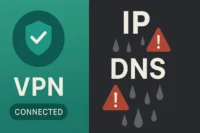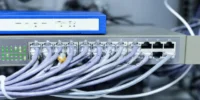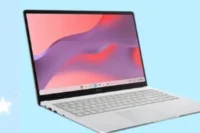Deleted File Recovery Software | Easy Ways to Get Files Back
Published: 16 Jun 2025
How to Recover Deleted Files
Every year, millions of people lose important data by accident, but there’s good news: you can often get it back. Ever wondered how to recover deleted files after you’ve emptied the Recycle Bin or formatted a drive? It’s frustrating to lose family photos, work documents, or school projects with no idea how to restore them. Whether it happened during a quick cleanup or by mistake, learning how to recover deleted files can save you from starting all over again.
Understand What Happens When You Delete a File
Deleting a file doesn’t always mean it’s gone forever. When you press Delete, the file usually goes to the Recycle Bin (Windows) or Trash (Mac). It just moves to a hidden folder, not erased from your device.
But if you empty the bin or use Shift + Delete, the file skips the bin and becomes invisible. It’s still on your hard drive, but the system marks the space as free. New files may overwrite it.
Real-Life Example:
Let’s say you delete a photo by mistake. If you open the Recycle Bin and restore it, it’s back in seconds. But if you emptied the bin, you may need recovery software before it’s gone for good.
Key Tip: Stop using your device right after deletion. The more you use it, the higher the chance your lost file gets overwritten.
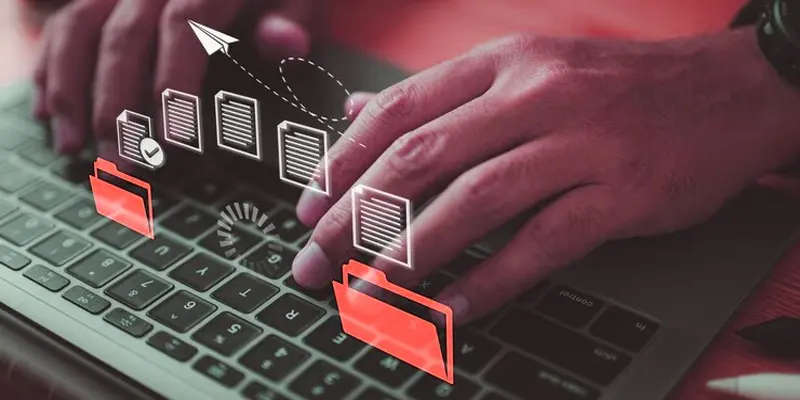
Quick Methods to Recover Deleted Files
There are a few quick and easy ways to recover deleted files, even if you think they’re gone for good.
Check the Recycle Bin or Trash
- Open it, find your file, right-click, and click “Restore.”
Use File History or Backup Tools
- Windows: File History
- Mac: Time Machine
- Restore files from a saved version.
Try Free Recovery Software
- Use tools like Recuva, PhotoRec, or Disk Drill.
- Scan your drive, preview files, and recover them.
Check Cloud Storage
- Look in Google Drive, Dropbox, or OneDrive.
- Many services keep deleted files for 30 days.
Use a USB or External Backup
- If you backed up to an external drive, plug it in and copy the file back.
Tip: Try simple steps first (like checking the Recycle Bin) before using software or services.
Use Free File Recovery Software
Free recovery tools can help you bring back files that aren’t in the Recycle Bin. These tools scan your drive and show you what can still be recovered. Many of them are free and easy to use.
Popular options include Recuva, PhotoRec, and Disk Drill. Just install the tool, run a scan, and pick the files you want to save. These work well for photos, documents, videos, and more.
What If You Can’t Recover It?
Sometimes, even the best recovery methods don’t work, so it’s good to know your next options.
Try a Professional Data Recovery Service
- These experts can recover files from damaged or failed drives.
- It’s a good option when the software doesn’t work.
Be Ready for the Cost
- Professional services can be expensive.
- Use them only when the files are really important.
Get Started with Cloud Storage
- Online file storage is provided by services like Dropbox and Google Drive.
- They often save deleted files for up to 30 days.
Set Up Regular Backups
- Use an external drive or backup tool.
- This protects you from losing files again.
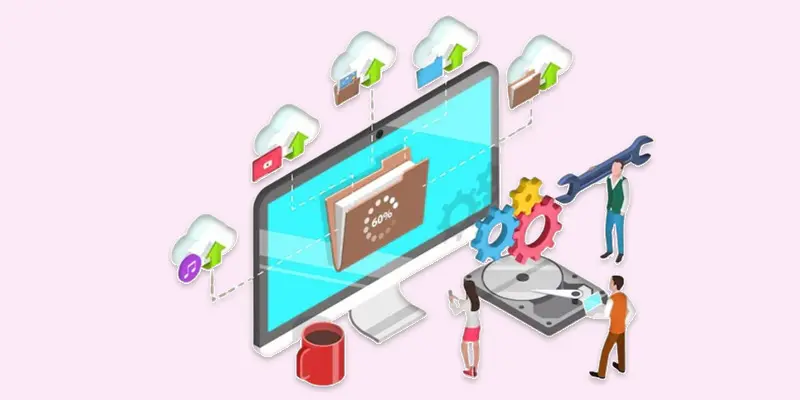
Conclusion About How to Recover Deleted Trash Files
From my experience, using reliable recovery software combined with regular backups is the best way to protect your files. Don’t wait until you lose something important, start learning these methods today to keep your data secure.
FAQS
Yes, you can recover deleted files using recovery software or by checking the Recycle Bin if files are not Totally deleted.
You need special recovery software or tools that can scan your drive and restore permanently deleted files if they are not overwritten.
Use photo recovery software to scan your device and recover photos that were permanently deleted.
Connect the storage device to your PC and use recovery software to scan and restore deleted files.
Deleted files usually go to the Recycle Bin, but if emptied, they stay on the hard drive until overwritten by new data.

- Be Respectful
- Stay Relevant
- Stay Positive
- True Feedback
- Encourage Discussion
- Avoid Spamming
- No Fake News
- Don't Copy-Paste
- No Personal Attacks

- Be Respectful
- Stay Relevant
- Stay Positive
- True Feedback
- Encourage Discussion
- Avoid Spamming
- No Fake News
- Don't Copy-Paste
- No Personal Attacks


